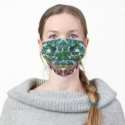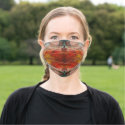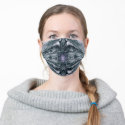Genetic vaccines against COVID-19: hope or RISK?
Biologist Clemens Arvay elaborately explains the risks of genetic vaccines such as DNA- and RNA-vaccines. He warns of shortened admission procedures as they were recommended by Bill Gates and some experts. Beyond the specific risks are autoimmune diseases and an increased cancer risk.
The video was originally uploaded in German on May 3rd, he has now dubbed it in English and posted on May 10th. Thus, this important information is available to a much wider audience.
If you go to the original videos on YouTube, you will find a lot of documentation in the respective descriptions.
For best viewing, go to full screen.
Some corroborating evidence I selected here:
Don’t rush to deploy COVID-19 vaccines and drugs without sufficient safety guarantees
We must urgently develop measures to tackle the new coronavirus — but safety always comes first, says Shibo Jiang.
Shibo Jiang is a professor of virology at the School of Basic Medical Sciences, Fudan University, Shanghai, China,
and at the New York Blood Center, New York, USA.
Quote:
Around the world, I am seeing efforts to support ‘quick-fix’ programmes aimed at developing vaccines and therapeutics against COVID-19. Groups in the United States and China are already planning to test vaccines in healthy human volunteers. Make no mistake, it’s essential that we work as hard and fast as possible to develop drugs and vaccines that are widely available across the world. But it is important not to cut corners. Vaccines for measles, mumps, rubella, polio, smallpox and influenza have a long history of safe use and were developed in line with requirements of regulatory agencies. I have worked to develop vaccines and treatments for coronaviruses since 2003, when the severe acute respiratory syndrome (SARS) outbreak happened. In my view, standard protocols are essential for safeguarding health. Before allowing use of a COVID-19 vaccine in humans, regulators should evaluate safety with a range of virus strains and in more than one animal model. They should also demand strong preclinical evidence that the experimental vaccines prevent infection, even though that will probably mean waiting weeks or even months for the models to become available.
Preclinical and clinical safety studies on DNA vaccines
Journal Human Vaccines Volume 2, 2006 - Issue 2
Abstract
DNA vaccines are based on the transfer of genetic material, encoding an antigen, to the cells of the vaccine recipient. Despite high expectations of DNA vaccines as a result of promising preclinical data their clinical utility remains unproven. However, much data is gathered in preclinical and clinical studies about the safety of DNA vaccines. Here we review current knowledge about the safety of DNA vaccines. Safety concerns of DNA vaccines relate to genetic, immunologic, toxic, and environmental effects. In this review we provide an overview of findings related to the safety of DNA vaccines, obtained so far. We conclude that the potential risks of DNA vaccines are minimal. However, their safety issues may differ case-by-case, and they should be treated accordingly.
On a more personal note:
There were discussions on Facebook about the subject of vaccines, lock-downs and possible second and third waves of COVID-19. I just want to pick out one, followed by my answer.
Yes by all means be free to assemble, hug who ever, go to crowded restaurants and pubs, be 'normal'. Let's wait to see how the second wave and then the third finds you.
My answer:
I haven't been hit by any "wave" at any time before, and I lived through several pandemics without hardly noticing. What makes this one different - other than it is milder than those stupid scaremongering forecasts (i.e. where I live, they talked about 100.000 deaths - reality is a bit over 600 last stand).
What do you know about SARS? Where is it now, how many "waves" of it since 2003 - just for an example. Pandemics such as these run their course in due time. By the time they have a vaccine (if ever - i.e. there never was one found for SARS*) it will have run its course and the vaccine irrelevant to go on the trash heap - but if it mutates, then the vaccines will be useless anyway, the same as many of the flu vaccines were useless, and some, like the swine flu, were even dangerous. But Pharma will have made billions in profit. The way it is going now (with exceptions of a few bad pockets that are cited as scare stories) the curves are flattening, so in order to keep up the pharma propaganda, there has to be the specter of new waves projected, and as some say, much worse than the original - because without fear (which by itself lowers your immune system) they cannot exert the type of desired control to turn people into obedient robots. Lets just drink the Cool-Aid.
To illustrate my point (and the reference made to the 100.000 deaths claim) - I live in Austria, and you can check the current official situation right here, on the Dashboard COVID-19 and there are tabs to check fatality rates and hospitalization. To this I might want to also mention that no more than 10% of intensive care unit beds in Austria are currently actually in use by patients.
So any claim that we can never return to normal unless there is a vaccine and everyone is vaccinated, is irresponsible scaremongering. The fact hat such comes from the chancellor of Austria is however alarming. To speculate what is behind all this, I leave to others - and you, dear reader: what does your common sense tell you?
* Footnote about SARS:
As of 2020, there is no cure or protective vaccine for SARS that has been shown to be both safe and effective in humans. According to research papers published in 2005 and 2006, the identification and development of novel vaccines and medicines to treat SARS was a priority for governments and public health agencies around the world. In early 2004, an early clinical trial on volunteers was planned. A major researcher´s 2016 request, however, demonstrated that no field-ready SARS vaccine had been completed because likely market-driven priorities had ended funding. ............ Wikipedia - SARS Treatment
It is not the flu - they say
well, yeah, but it is a strain of SARS so what about SARS?
SARS Revisited - AMA Journal of Ethics
April 2006
Quote:
By 2004, SARS cases had slowed just as mysteriously as they had started in Guandong province of southern China 2 years earlier, in December of 2002. Yet the legacy of unanswered questions the pathogen left behind should keep scientists, public health officials, epidemiologists, and ethicists occupied for a long time to come. Why, exactly, should we revive discussion if it is no longer a pressing threat? After all, the SARS death toll is relatively low with 812 deaths worldwide. What’s more, the looming H5N1 avian flu virus is currently front page news. Even so, the SARS epidemic should not be filed away without appreciation of the lessons it taught. Although short-lived, SARS forced us to face the unpleasant reality of global pandemics and to address the ethico-legal dilemmas that result from hasty public health measures.
Bold and underlined what I find the most relevant to our situation today!
gratuitous click-bait - it just takes you to my home page.
Don't forget, I am first and foremost a artist. 
|
OTTO RAPPThis blog is primarily art related - for my photography please go to Archives
April 2024
Categories
All
|
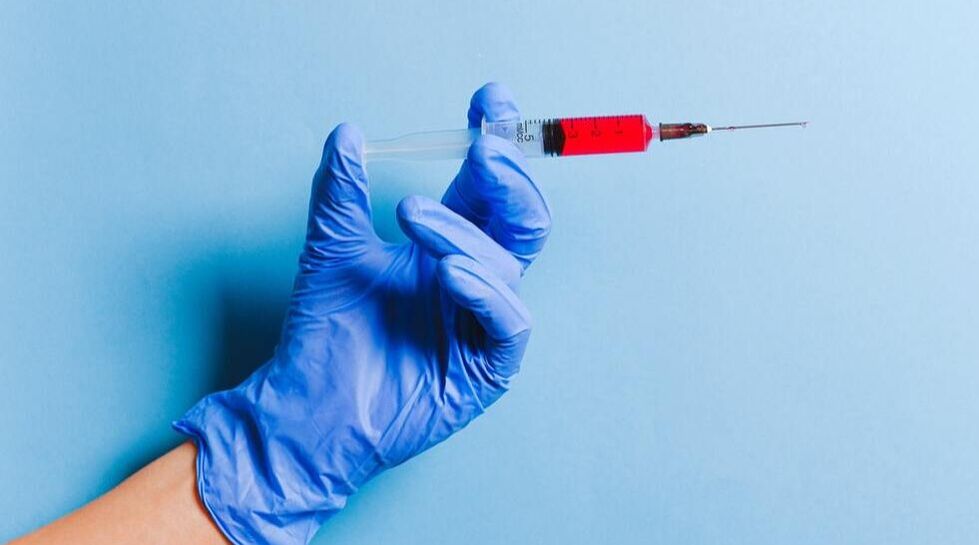
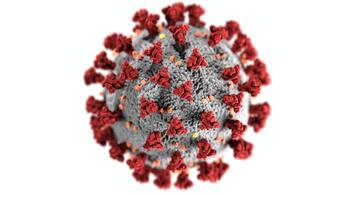


 RSS Feed
RSS Feed



